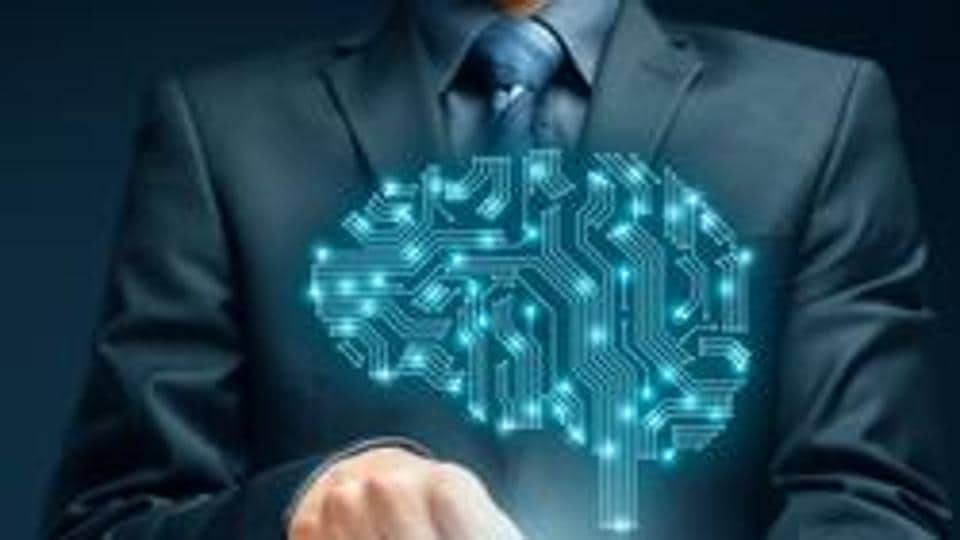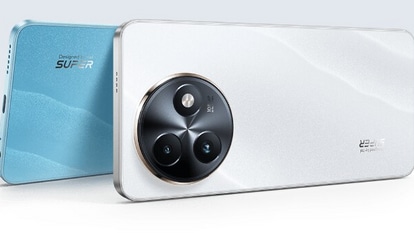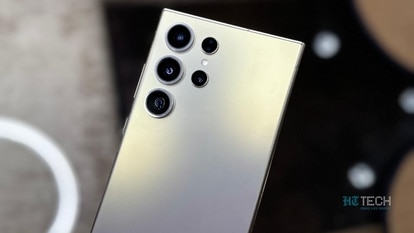Scientists develop artificial intelligence that can read your mind
AI is not only going to be smarter in the future but will also be able to read your minds.

What's next for artificial intelligence? A question that every tech enthusiast is asking after the technology driven machine learning and user data has started to hit smartphones and smart home devices to millions around the world. Even though it may sound futuristic and even creepy, the next generation of AI will be able to read your mind. Yes, you read that right.
Scientists in Japan were able to create an AI that could read your brainwaves. In their research paper titled 'Deep image reconstruction from human brain activity', scientists were able to replicate an image based on what a person is looking at it. These AI created images are not exactly the same as you see naturally, but hazy rendering of your thoughts. Nonetheless, AI is able to reconstruct these images created using brain waves.
"Whereas it has long been thought that the externalization or visualization of states of the mind is a challenging goal in neuroscience, brain decoding using machine learning analysis of fMRI activity nowadays has enabled the visualization of perceptual content," said the research paper.


According to a report in TNW, scientists showed images to humans and recorded their brainwaves. Later, they monitored the brainwaves when the subjects were asked to recall those images. Essentially, the AI guesses and eventually learns what brainwave you use when you think of a certain image.
The technology may not be perfect but certainly lays the foundation for greater and deeper integration of brainwaves with artificial intelligence. While the latest research paper shows a more sophisticated side of the technology, consumer companies such as Nissan are already implementing a skeleton of it.
At the ongoing CES 2018 conference in Las Vegas, Nissan showcased a technology that leverages brain signals to control the vehicles. Touted as the "brain-to-vehicle" technology, Nissan is currently building devices and algorithms to measure the human brain's activity and further translate it to a vehicle's functioning.
It's most probably a good time to revisit the brain-computer interface theory. In fact, Elon Musk is said to be working on a similar and highly sophisticated version of the technology. Back in June last year, Tim Urban of Wait But Why claimed that Musk is working to merge human brains and AI to deal with high-tech AIs.
"He [Musk] believes that the solution to reduce existential risk is to be able to high bandwidth interface with AI. He thinks that if we can think with AI, it allows AI to function as a third layer in our brain, where we could have AI that's built for us. So we have human intelligence and then we have artificial intelligence, and they're both us and so we become AI in a way," Urban wrote.
Catch all the Latest Tech News, Mobile News, Laptop News, Gaming news, Wearables News , How To News, also keep up with us on Whatsapp channel,Twitter, Facebook, Google News, and Instagram. For our latest videos, subscribe to our YouTube channel.


























